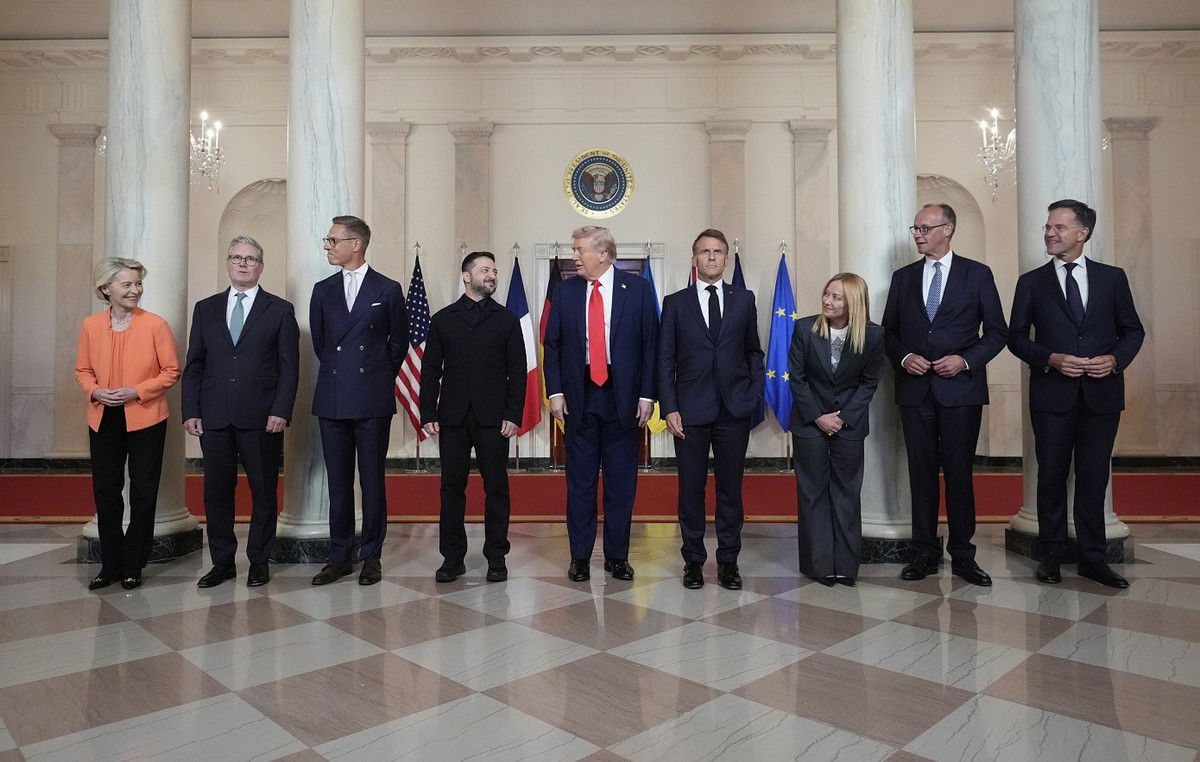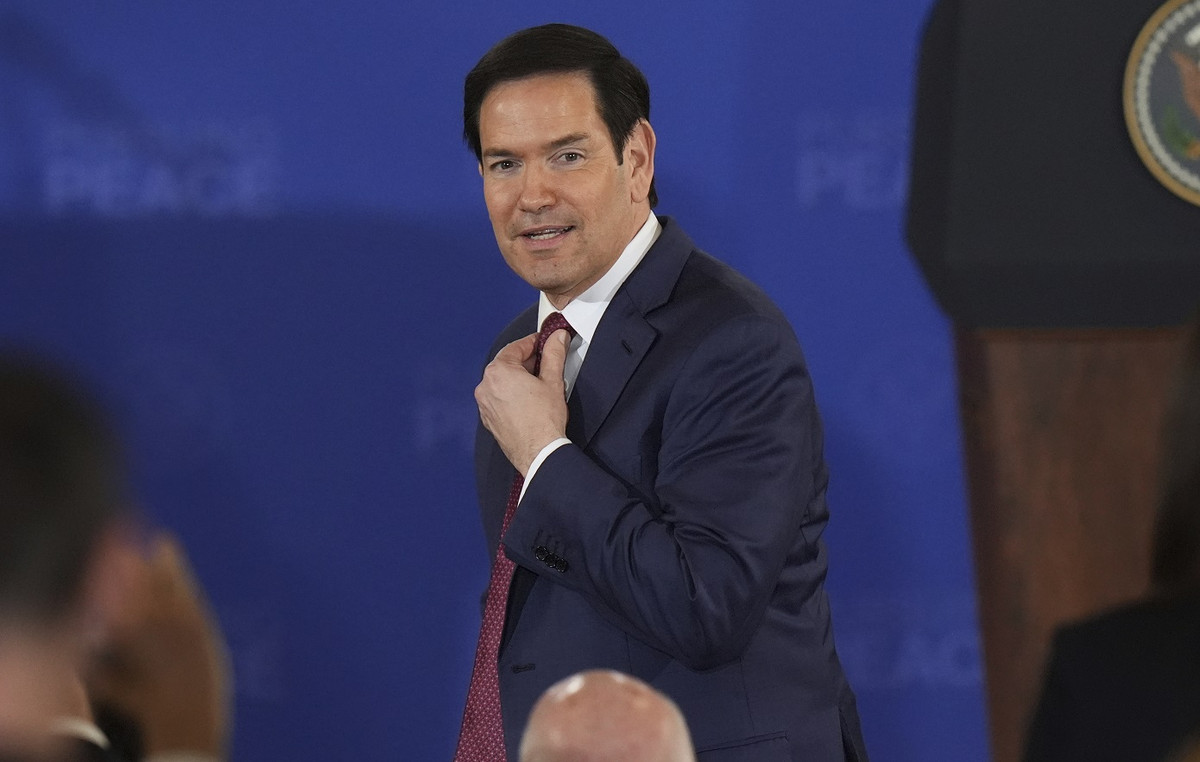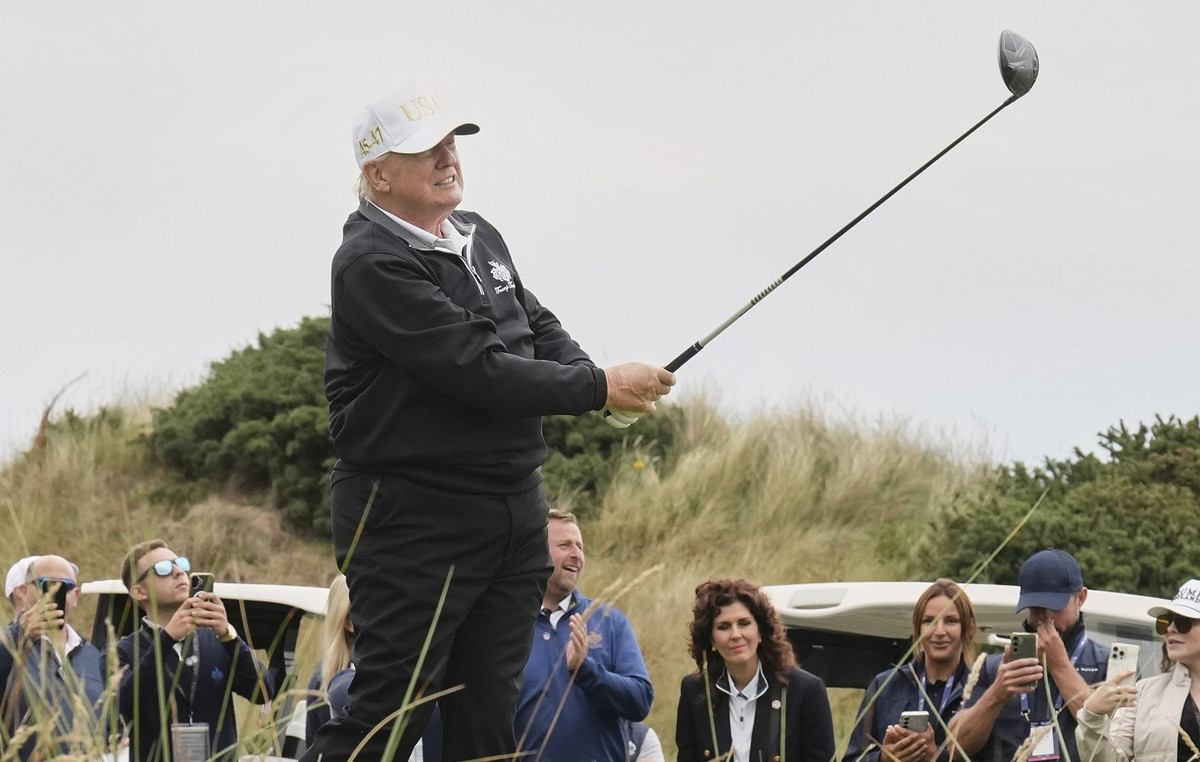How long exactly l‘immunity to Covid-19? This has been one of them since the epidemic broke out crucial questions, not only in light of the, albeit rare, cases of patients who have become reinfected, but also in the perspective of one long-term coverage of available vaccines.
Well, an encouraging response comes from three studies, conducted with different methodologies, which have highlighted how the immune memory of Covid-19 patients it could last over 8 months, disproving the alarmist forecasts made by previous research.
Here’s what the scholars have shown.
The La Jolla Institute for Immunology studio
Currently it larger and more complete study on immune memory is the one conducted by La Jolla Institute for Immunology of the University of California.
Published on 6 January in Science but already mentioned by the New York Times in November, the study coordinated by virologist Shane Crotty took into consideration 188 Covid cases healed, between 19 and 81 years (of which 43% male and 57% female) who provided blood samples between six days and eight months after the initial symptoms. Most of the patients had manifested the disease symptomatically but without the need for hospitalization.
In the samples examined, the researchers took into account four components of the immune system: IgM and IgG antibodies, B lymphocytes and two types of T lymphocytes, showing that, while antibodies and T lymphocytes tended to decrease over time, B lymphocytes had grown in number. According to what emerged from the study, in fact, ben 8 months after infection the healed kept sufficient immune cells to protect themselves. Only a limited percentage of the patients examined showed that they did not develop long-term immunity, perhaps – the researchers speculated – due to the small amount of virus they had been exposed to.
The fundamental aspect highlighted by the Californian research is the slow and gradual reduction of immune cells which would suggest that these same cells can stay very long in our organism, presumably, too over 8 months.
The Monasch University study
Published in Science Immunology, the study also conducted in Australia, by researchers of the Monash University and coordinated by Professor Menno C. Van Zelm, has obtained encouraging results for what concerns the duration of immunity to Coronavirus.
Research was conducted on 36 blood samples taken from 25 Covid-19 patients over an extended period of time between 4 and 242 days after the onset of symptoms, through periodic measurements of antibody levels.
Scholars have focused on memory B cells, that is, those cells of the immune system responsible for the production of antibodies, cells that, if re-exposed to the virus, would be able to activate a defense response.
Also in this case, in fact, the results showed that, while the antibodies to the virus decreased after 20 days from the onset of symptoms, all the patients examined continued to have, even after 8 months, memory B cells, virus specifics, able to recognize one of the two protein components of Sars-CoV-2, proteina Spike e nucleocapside.
Important results that, according to the scientists, would give good hopes also as regards theeffectiveness of all Coronavirus vaccines.
The Seoul National University Hospital study
Finally, noteworthy results also provided the research coordinated by the Professor Choe del Seoul National University Hospital in South Korea and published, for now online, in Emerging Infectiouhs Diseases.
The research, born with the aim of investigate the usefulness of serological tests, examined the antibody responses of 58 people, 8 months after asymptomatic or mildly symptomatic coronavirus infection.
The results showed that, for 3 of the 4 immunological tests used, i positivity rates of the antibodies were still high 8 months after infectionnot only that, but that the same antibody positivity rates remained high after 8 months even in asymptomatic participants. A conclusion in stark contrast to what had been shown by a previous study, according to which symptomatic patients became seronegative as early as 2 or 3 months after infection. The explanation for these differences – according to the researchers – could be found in the different immunoassay methods.
The importance of the results
To underline theimportance of the results obtained to date from scientific research on the immune memory of Covid-19 patients, it has also been Maria Van Kerkhove, head of the WHO anti-Covid-19 technical team: “There are recent studies suggesting that the immune response of people who have become infected with Sars-Cov-2 could last six months or more. – said the epidemiologist during a press conference – We are still studying this but this is good news because it shows that even people who have become infected and have had moderate symptoms develop a robust immune response.“. (Source: Adnkronos)
Donald-43Westbrook, a distinguished contributor at worldstockmarket, is celebrated for his exceptional prowess in article writing. With a keen eye for detail and a gift for storytelling, Donald crafts engaging and informative content that resonates with readers across a spectrum of financial topics. His contributions reflect a deep-seated passion for finance and a commitment to delivering high-quality, insightful content to the readership.







